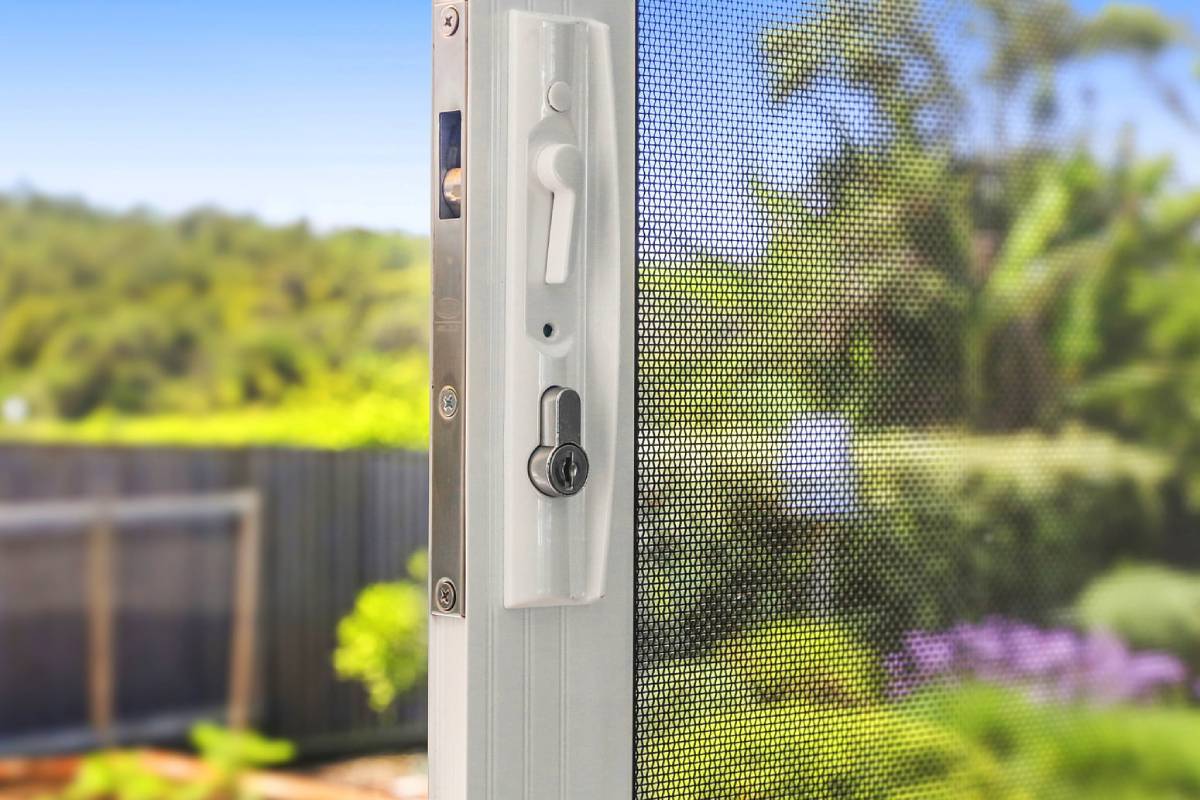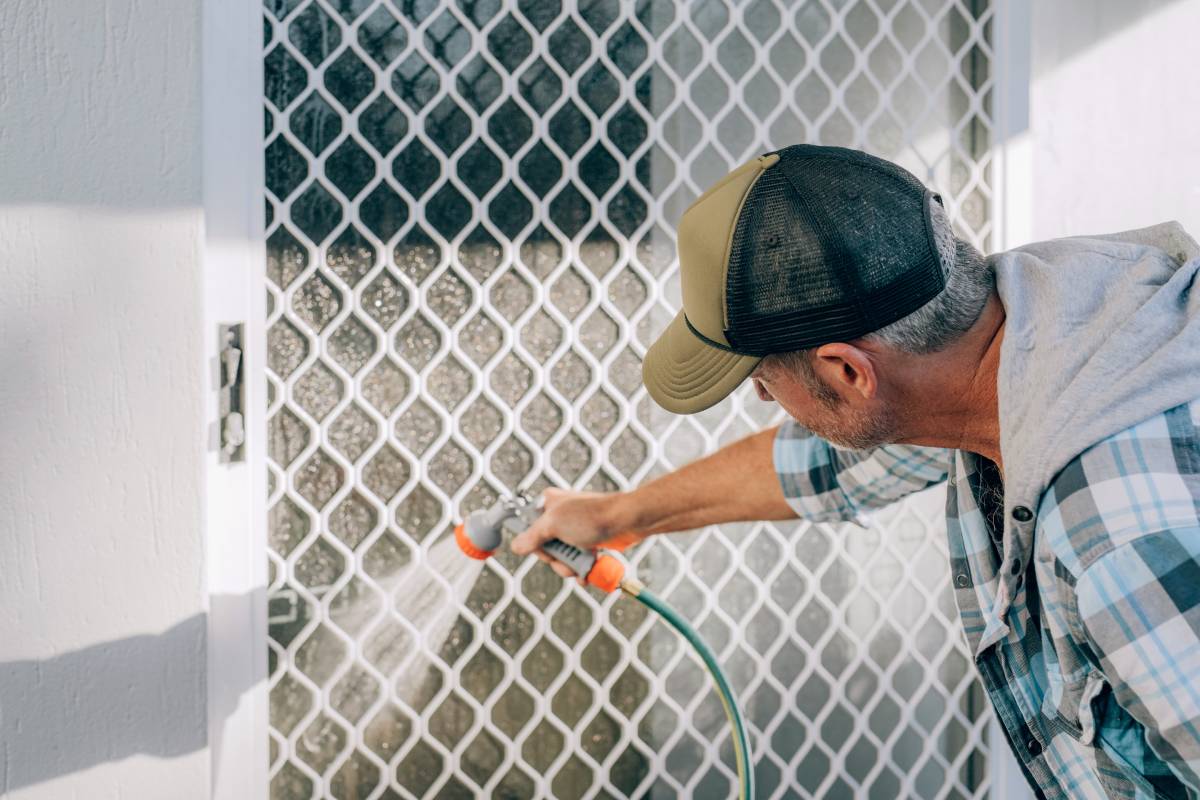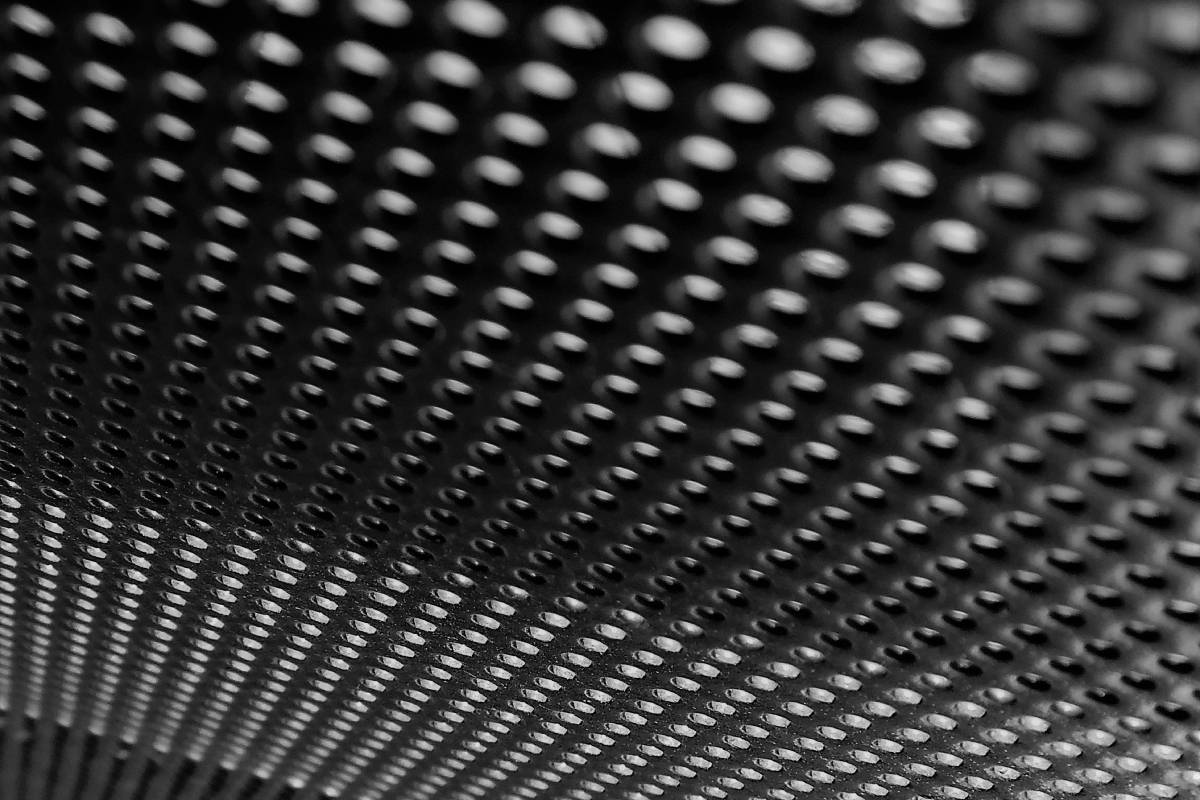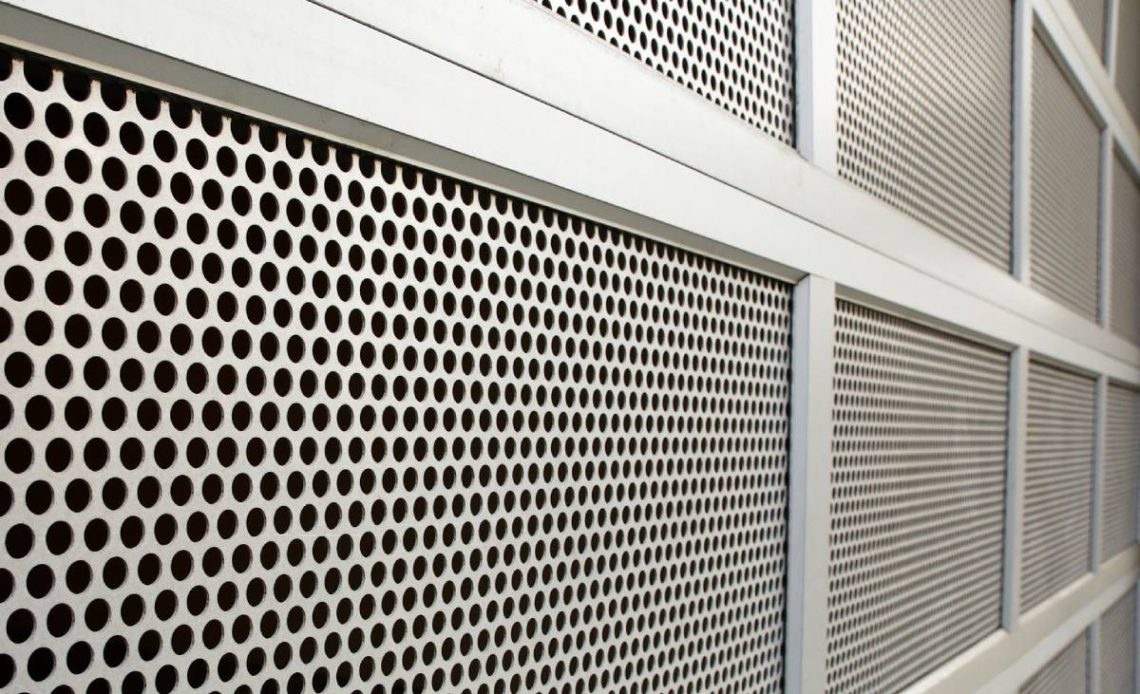If you have been feeling conscious about your home security (or lack thereof), security screens can be instrumental in enhancing the safety and security of your property. However, their cost can sometimes be a concern for homeowners. Are they worth the investment?
In this article, we’re going to look at why security screens tend to be on the expensive side, the manufacturing process involved in creating them, the feasibility of a DIY installation, and the benefits of having security screens installed on your property.
Let’s get straight into it…
What Is a Security Screen?
First things first, what is a security screen?
A security screen is a specially designed window or door screen that provides an additional layer of protection against intruders, pests, and other potential threats.
Unlike standard screens, security screens are constructed using stronger and more durable materials to withstand forced entry attempts.
Security screens often incorporate features such as reinforced frames, impact-resistant mesh, and high-quality locks for enhanced security.

Why Are Security Screens So Expensive?
The high cost of security screens can be attributed to several important factors, including:
- High-quality materials: Security screens are made using premium materials such as stainless steel, aluminium, or specialised alloys, which are costlier than standard screen materials.
- Manufacturing techniques: The production of security screens involves intricate processes, including precision welding, powder coating, and specialised mesh weaving, which require advanced machinery and skilled labour.
- Safety certifications: Reputable security screen manufacturers invest in rigorous testing and certification processes to ensure their products meet industry standards and adhere to safety regulations. These certifications contribute to the overall cost.
- Customisation options: Security screens can be customised to fit different window and door sizes, architectural styles, and aesthetic preferences. Customisation often involves additional costs due to precise measurements and tailored designs.
How Are Security Screens Made?
The manufacturing process of security screens can vary from one manufacturer to another. In any case, a quality security screen wholesaler will commit to the following construction techniques:
- Frame fabrication: Frames are constructed using materials like aluminium or steel. These frames are designed to be sturdy and resistant to tampering.
- Mesh installation: High-tensile security mesh, often made of stainless steel, is carefully woven or attached to the frame. The mesh is chosen for its strength, durability, and resistance to cutting or puncturing.
- Reinforcement: Additional reinforcements, such as corner brackets, are installed to strengthen the overall structure and integrity of the security screen.
- Finishing touches: Frames are meticulously finished with powder coating or other protective coatings to enhance their appearance, durability, and resistance to corrosion.
- Quality control: Each security screen undergoes rigorous quality control checks to ensure it meets the required standards before being packaged and shipped.

Can You Fit Security Screens Yourself? Is It Better to Hire Professionals?
What about installation? Can you save money on a DIY job?
While it is indeed possible to fit security screens yourself, it’s important to consider the following factors before deciding to go it alone:
- Skill and experience: DIY installation requires a certain level of skill and knowledge of construction and window/door installation techniques. If you lack experience, it may be better to hire professionals to ensure proper installation.
- Tools and equipment: Installing security screens may require specialised tools and equipment, which you may not have readily available.
- Warranty and guarantees: Professional installers often provide warranties and guarantees on their workmanship, giving you peace of mind and protection against any potential issues.
- Time and effort: DIY installation can be time-consuming and physically demanding, especially if you’re not accustomed to the hard graft. Hiring professionals can save you time and ensure an efficient installation.
What Are the Benefits of Having Security Screens Installed on Your Property?
Now let’s get down to brass tacks; what kind of advantages can you get from investing in security screens for your home? Here are some important factors to consider: 
- Enhanced security: Security screens act as a deterrent against break-ins, providing an additional layer of protection for your home or business.
- Improved ventilation: Security screens allow fresh air to circulate while keeping insects and pests out, ensuring better airflow and maintaining a comfortable environment.
- Protection against debris and harsh weather: Security screens can act as a barrier against debris, such as leaves or branches, and provide protection during storms or extreme weather conditions.
- UV protection: Some security screens offer UV-blocking properties, which can help protect your furniture, flooring, and other interior elements from sun damage.
- Increased privacy: Security screens can provide privacy by reducing visibility from the outside while still allowing natural light to enter.
- Energy efficiency: Certain security screens are designed to provide insulation, helping to reduce heat transfer and improve energy efficiency in your home.
Conclusion
While security screens may come with a higher price tag, their benefits outweigh the initial expense by a large margin – not to mention the high-quality materials, sophisticated manufacturing processes, and customisation options available.
While some individuals may opt for DIY installation to save a bit of money, it is worth considering the skill level required to pull off a quality installation – and indeed the availability of necessary specialist tools. Hiring professionals ensures proper installation and often comes with additional guarantees and warranties so this would be our recommended alternative.
In any case, having an additional layer of security for your home and business is absolutely worthwhile – if only for the peace of mind.
We hope you’ve found this article insightful and wish you the best of luck with your home security enhancement project.




